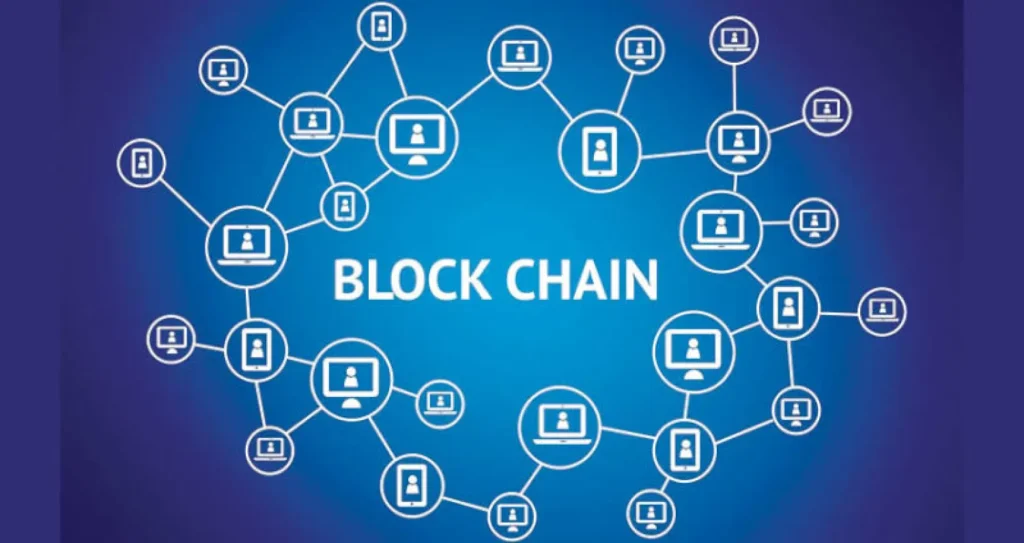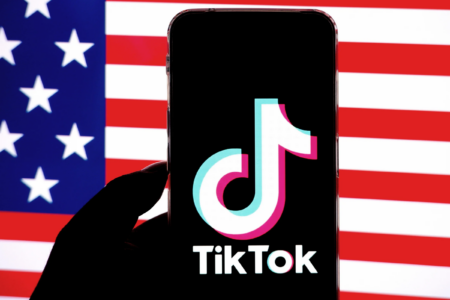Blockchain technology, also known as distributed ledger technology, is one of the most groundbreaking innovations of the modern era.
History of Blockchain Technology
It was first introduced in 2008 when an unknown individual or group using the name Satoshi Nakamoto published a white paper explaining how Bitcoin would function as the first digital currency powered by blockchain.
Since then, blockchain has evolved rapidly and become central to digital transformation worldwide.
At its core, blockchain is a decentralized record of transactions stored in linked blocks.
Each block contains verified data and is updated collectively by a network of participants.
Once recorded, data cannot be altered, which ensures transparency, trust, and security.
How Can We Benefit from Blockchain Technology in Different Sectors?
1. Financial Services
- Provides secure, low-cost, real-time transactions without middlemen (banks).
- Enables cross-border payments and remittances at a fraction of traditional costs.
- Supports cryptocurrencies like Bitcoin and Ethereum, as well as smart contracts that automate agreements.
2. Healthcare
- Securely stores patient records, ensuring privacy and preventing tampering.
- Improves medical data sharing between hospitals and clinics.
- Tracks pharmaceuticals to prevent counterfeit medicines.
3. Supply Chains & Logistics
- Tracks products from origin to consumer, ensuring authenticity and transparency.
- Reduces fraud, theft, and inefficiencies in trade.
- Ensures ethical sourcing (e.g., verifying fair-trade coffee, conflict-free diamonds).
4. Governments & Public Services
- Creates tamper-proof voting systems for transparent elections.
- Digitizes land and property registries to reduce corruption.
- Streamlines identity verification and social services distribution.
5. Business & Trade
- Reduces paperwork through smart contracts.
- Enhances trust in B2B transactions with transparent, auditable records.
- Improves global trade with fast, secure, multi-currency settlements.

6. Insurance & Legal
- Automates claims processing with smart contracts.
- Reduces disputes by creating transparent, binding agreements.
7. Education
- Issues tamper-proof digital certificates and transcripts.
- Provides lifelong learning records that can be verified instantly by employers.
8. Energy & Sustainability
- Enables peer-to-peer energy trading (e.g., solar power sharing).
- Tracks carbon credits to ensure accountability in climate action.
Opportunities and Challenges
While blockchain technology offers efficiency, security, and transparency, challenges remain:
- Scalability: Some blockchains struggle with transaction speed.
- Regulation: Many governments lack clear laws for digital assets.
- Privacy: Transparency must be balanced with protecting sensitive data.
Still, as blockchain integrates with artificial intelligence (AI) and big data, its potential grows.
The future includes smart loans, blockchain-powered insurance, and seamless global payments.
Blockchain Technology: The Future Backbone of the Economy
Blockchain is not just a tool for cryptocurrencies—it’s a transformational technology with applications across finance, healthcare, trade, governance, and more.
Its ability to cut costs, improve transparency, and increase trust makes it a cornerstone of the future digital economy.
For businesses, investors, and governments, adapting to blockchain is no longer optional—it is essential to stay competitive in an increasingly digital, borderless world.








